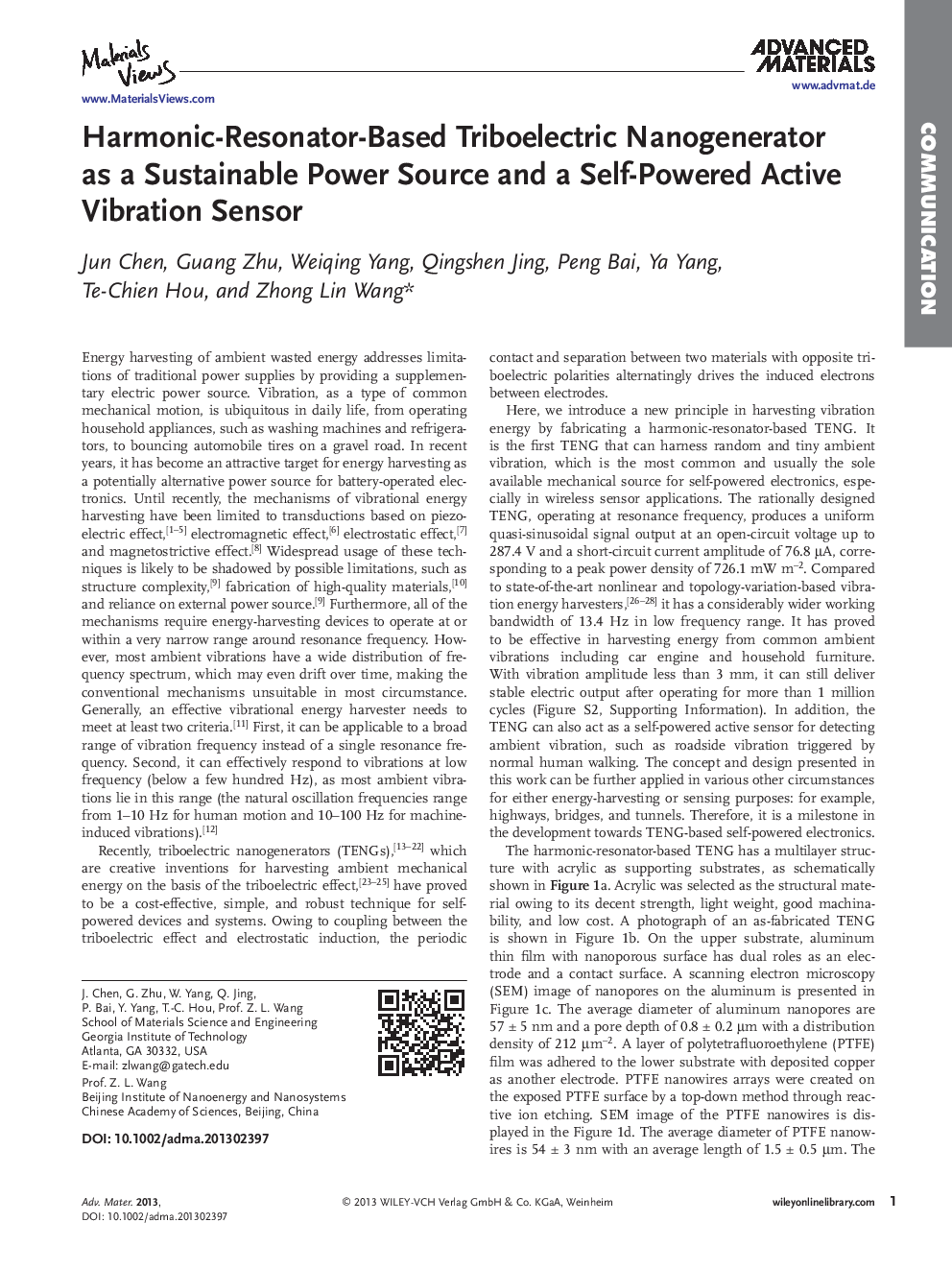| کد مقاله | کد نشریه | سال انتشار | مقاله انگلیسی | نسخه تمام متن |
|---|---|---|---|---|
| 6303482 | 1618251 | 2014 | 6 صفحه PDF | دانلود رایگان |
عنوان انگلیسی مقاله ISI
Legacy effects from historical grazing enhanced carbon sequestration in a desert steppe
ترجمه فارسی عنوان
اثرات موروثی از چرخه تاریخی باعث افزایش جذب کربن در استپ صحرا شده است
دانلود مقاله + سفارش ترجمه
دانلود مقاله ISI انگلیسی
رایگان برای ایرانیان
کلمات کلیدی
تبادل کربن، بارش، نیمه خشک منطقه، صفات رژیمی،
موضوعات مرتبط
مهندسی و علوم پایه
علوم زمین و سیارات
فرآیندهای سطح زمین
چکیده انگلیسی
Legacy effects are the ecological inheritances produced by preceding actions, which have been underlined more on agricultural land use, wildfire, invasive and removal species, forest management, and extreme climates in previous research; however, very few studies have shown concern toward the grazing legacy effects on key ecosystem functions such as the carbon cycle. A nested random block design was employed in 2012, with historical grazing as the block factor and precipitation as a nested factor, to explore the regulatory mechanisms on the carbon fluxes in a desert steppe. This long-term grazing practice had exerted unique legacy effects on community composition through increasing the proportion of Stipa breviflora Griseb. (Pstipa) by 61.53%, and decreasing species richness (Rsp) by 30.70%, cover by 21.87%, aboveground biomass (AGB) by 31.34%, and carbon allocation (the ratio of ANPP/BNPP) by 15.18%. Moreover, plants had differential adaptations to herbivores. Remarkably, these grazing legacies indirectly promoted plant photosynthesis (GEE) and carbon gain (NEE). Precipitation, as expected, accounted for the variability of GEE by 43% and NEE by 33%. The results revealed that precipitation controlled the magnitude of carbon fluxes while grazing legacies offset the adverse effects of current grazing and, therefore, mediated carbon sequestration.
ناشر
Database: Elsevier - ScienceDirect (ساینس دایرکت)
Journal: Journal of Arid Environments - Volume 107, August 2014, Pages 1-9
Journal: Journal of Arid Environments - Volume 107, August 2014, Pages 1-9
نویسندگان
Juanjuan Han, Jiquan Chen, Guodong Han, Changliang Shao, Hailian Sun, Linghao Li,
